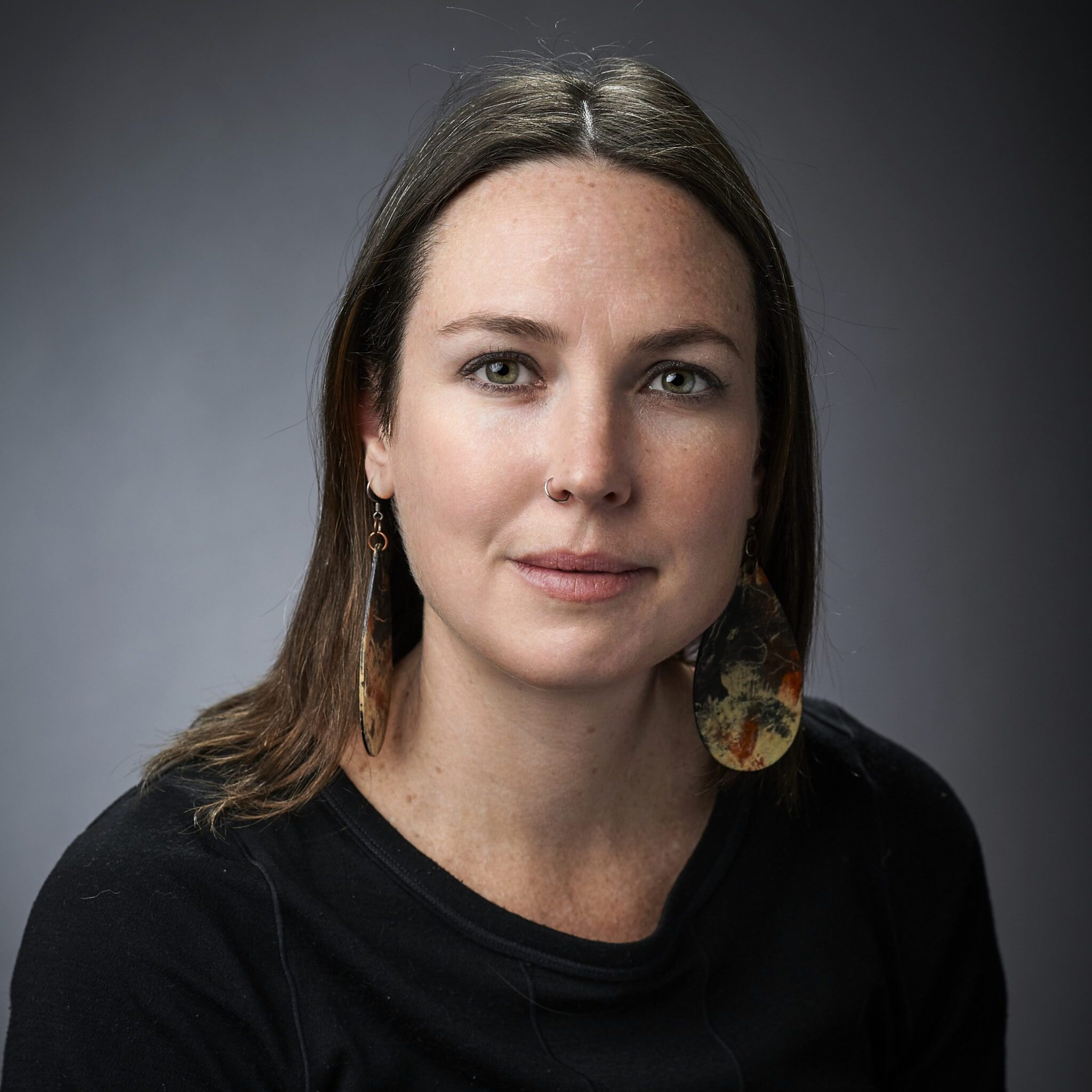
Genevieve Cox
Senior Researcher
Genevieve Cox, Ph.D., is a senior researcher at JG Research and Evaluation, based in Portland, Maine. Her diverse experience and background as a community sociologist ranges from conducting community needs assessments for Community Action Agencies to implementing health disparities interventions using community-based participatory research methods with Indigenous communities, to collaborating on efforts to assess the effects of behavioral health programs, to researching urban social and environmental problems. She has been involved in all stages of research projects including program management and direction for non-profit entities, rigorously assessing the effectiveness of programs and interventions, institutional review board ethics committees, research design and participatory approaches, data collection, and the writing of findings in scholarly publications, research briefs, and reports for non-academic audiences. Trained in quantitative, qualitative, and mixed methodology research design and analysis with a Ph.D. in community and environmental sociology and an M.A. in applied social research, she is also experienced in translating and presenting findings across a wide range of audiences. Prior to taking a full-time role at JG, Genevieve was a research manager at the Center for American Indian and Rural Health Equity (CAIRHE) and an Assistant Teaching Professor at Montana State University (MSU).